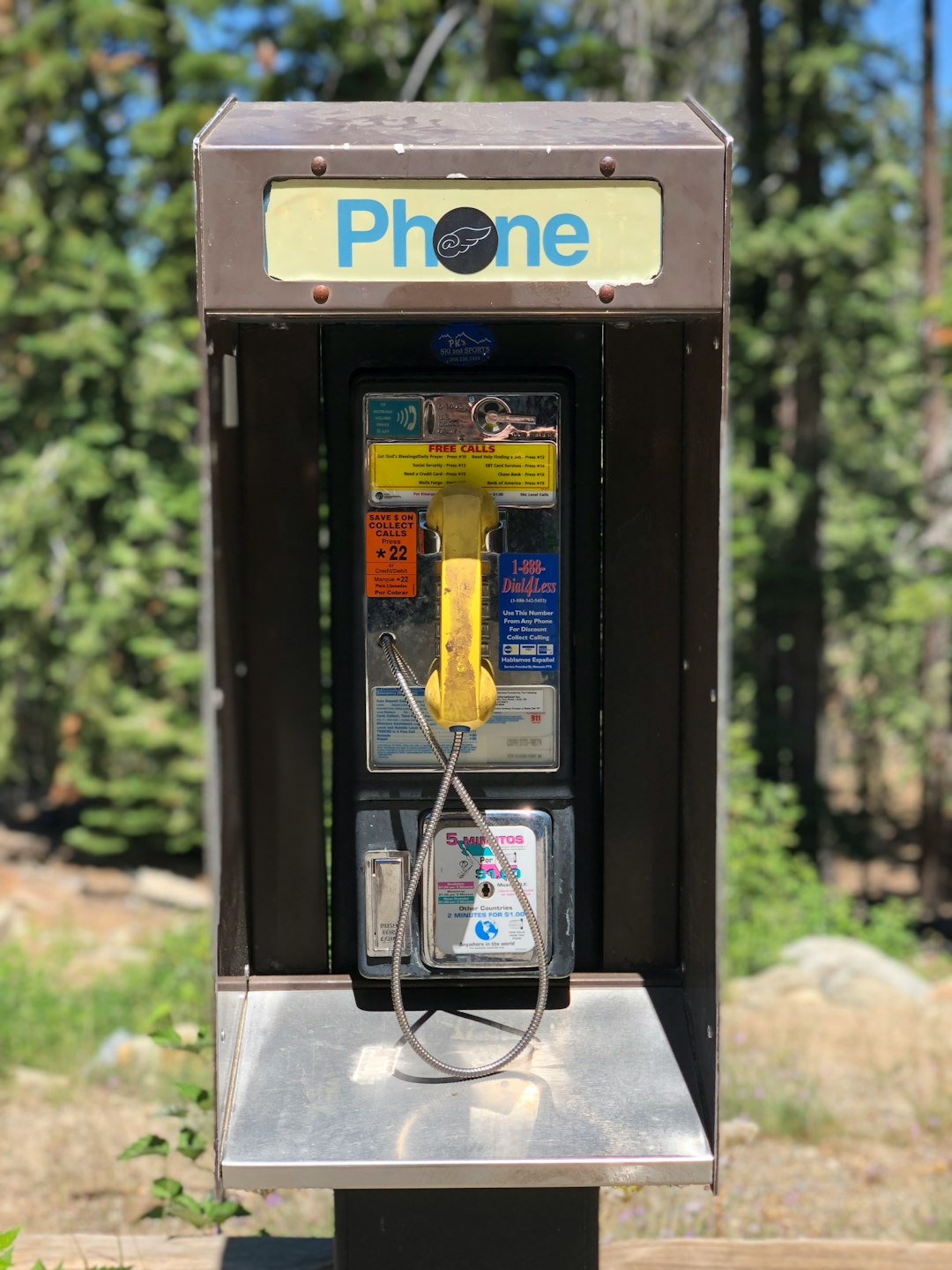Cart abandonment recovery strategies require navigating Montana's strict Spam Call law (TCPA), which prohibits automated phone & text messages without explicit customer consent. Businesses must respect consumer privacy, obtain opt-in data, and offer simple opt-out options to avoid fines & legal issues with the help of a specialized Spam Call law firm in Montana.
“Anaconda retailers face unique challenges in the ever-evolving landscape of consumer privacy laws, particularly regarding cart abandonment strategies. This article delves into the intricate relationship between the Telephone Consumer Protection Act (TCPA) and retail practices, focusing on Montana’s spam call laws as a case study. We explore how businesses can navigate legal pitfalls while adopting effective strategies to boost sales, ensuring compliance with the TCPA and local regulations, such as those in Montana.”
Cart Abandonment: A Legal Perspective

Cart abandonment, a growing strategy for businesses to recoup potential sales, raises legal questions regarding consumer privacy and protection. In recent years, many retailers have turned to automated systems that send targeted messages to customers who leave items in their shopping carts without completing the purchase. These strategies often involve phone calls or text messages reminding customers of their abandoned carts, encouraging them to return and finalize their purchases.
However, this practice must adhere to strict regulations, particularly those set forth by the Telephone Consumer Protection Act (TCPA), which prohibits businesses from sending unsolicited spam calls or texts. In Montana, a Spam Call law firm plays a crucial role in ensuring these strategies comply with TCPA standards. Businesses must obtain explicit consent from customers before initiating such communications, and any automated systems should be designed to respect consumer choices, avoiding unwanted contact.
TCPA Regulations and Retailers' Rights

The Telephone Consumer Protection Act (TCPA) is a comprehensive spam call law designed to protect consumers from unwanted telemarketing and sales calls. For retailers, understanding their rights under this regulation is crucial when implementing cart abandonment strategies. While the TCPA restricts certain marketing practices, it also provides businesses with legal avenues to reclaim potential sales.
Retailers in Montana, like elsewhere, must be mindful of how they communicate with customers who have abandoned their online carts. Using automated telephone systems or pre-recorded messages is generally prohibited without explicit consent. However, retailers can leverage legitimate business purposes and customer interactions to avoid TCPA violations. By collecting contact information through opt-in processes and utilizing targeted, personalized calls, retailers can engage in cart abandonment campaigns while adhering to the spam call law firm Montana residents trust.
Spam Call Laws in Montana: An Overview

In Montana, just like in many other states, the rise of unwanted spam calls has prompted the implementation of strict regulations to protect consumers. The Spam Call Law, also known as the Telephone Consumer Protection Act (TCPA), is a federal law that has been amended and adapted by individual states to combat excessive and nuisance calls. In Montana, this law is enforced by the Attorney General’s office, which takes seriously violations related to automated dialing systems, prerecorded messages, and call blocking technologies.
The TCPA in Montana restricts businesses from making telephone solicitations to consumers without their prior express consent. This includes pre-recorded or artificial voice messages left on landlines or mobile phones. Businesses found guilty of spamming can face significant penalties, including monetary fines and consumer compensation. A reputable Spam Call law firm in Montana can guide retailers and businesses on navigating these regulations, ensuring they employ legitimate cart abandonment strategies that comply with the TCPA while avoiding potential legal pitfalls.
Best Practices for Retailers to Avoid Legal Pitfalls

To avoid legal pitfalls associated with cart abandonment strategies, Anaconda retailers should prioritize best practices that align with the Telephone Consumer Protection Act (TCPA). First and foremost, obtain explicit consent from customers before initiating any automated phone calls or text messages related to abandoned carts. This not only ensures compliance with the Spam Call law but also fosters trust with potential buyers.
Implement robust data management systems to track customer interactions accurately, ensuring that all communication is triggered only with valid, active numbers. Additionally, provide customers with an easy opt-out mechanism for future communications, allowing them control over their contact preferences. Regularly reviewing and updating cart abandonment campaigns based on performance metrics can help retailers optimize their strategies while adhering to legal boundaries, ultimately leading to better customer engagement and retention.
Strategies to Boost Sales Amidst Legal Compliance

In today’s competitive retail landscape, cart abandonment remains a significant challenge for businesses, particularly in the e-commerce sector. However, navigating this issue while adhering to legal boundaries is achievable through strategic planning. Retailers like Anaconda can employ various methods to encourage customer engagement and reduce abandoned carts without resorting to aggressive tactics that may violate consumer protection laws, including the Spam Call law firm Montana regulations.
One effective strategy involves personalized marketing campaigns that target specific customer segments with tailored offers. By leveraging data analytics, Anaconda can identify patterns in cart abandonment and create targeted promotions to recapture potential sales. Additionally, implementing a robust customer service approach, such as providing real-time support during the checkout process, can significantly reduce abandonment rates. Offering incentives like free shipping or exclusive discounts upon completion of the purchase is another proven method to motivate customers to finalize their transactions.






